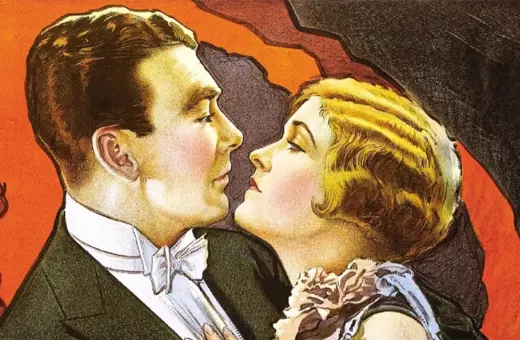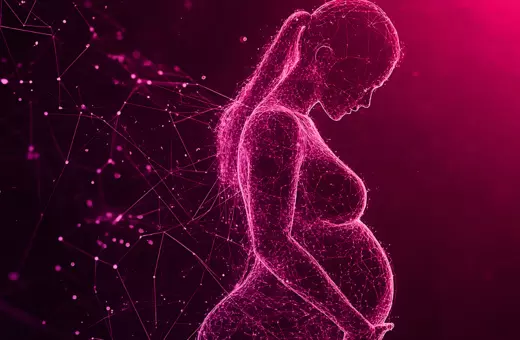In a popular culture obsessed with romance and sexuality, philosophy can shed some light on the various layers and perspectives that inform our relationships. For our Sex and Sexuality issue, we've selected extracts from Western post-war theory and ideas on sex and love. Among others, Martha Nussbaum's text explores the cultural roots of our feelings; Harry Frankfurt and Robert Nozick's look into the apparent and existing tensions between self-love and love for others; Andrea Dworkin's scrutinises heterosexual desire; Talia Mae Bettcher's describes transgender sexual experience; finally, our regular speaker and contributor Kate Devlin challenges the limits of our imagination regarding sex robots.
___
LOVE AS ART
"Is love an art? Then it requires knowledge and effort. Or is love a pleasant sensation, which to experience is a matter of chance, something one 'falls into' if one is lucky? This little book is based on the former premise, while undoubtedly the majority of people today believe in the latter.
Not that people think that love is not important. They are starved for it; they watch endless numbers of films about happy and unhappy love stories, they listen to hundreds of trashy songs about love — yet hardly anyone thinks that there is anything that needs to be learned about love.
This peculiar attitude is based on several premises which either singly or combined tend to uphold it. Most people see the problem of love primarily as that of being loved, rather than that of loving, of one's capacity to love.
A second premise behind the attitude that there is nothing to be learned about love is the assumption that the problem of love is the problem of an object, not the problem of a faculty. People think that to love is simple, but that to find the right object to love — or to be loved by — is difficult.
The third error leading to the assumption that there is nothing to be learned about love lies in the confusion between the initial experience of 'falling' in love, and the permanent state of being in love, or as we might better say, of "standing" in love."
Erich Fromm, The Art of Loving (1956)
___
LOVE AS CONSTRUCT
"Emotions are not feelings that well up in some natural and untutored way from our natural selves, that they are, in fact, not personal or natural at all, that they are, instead, contrivances, social constructs. We learn how to feel, and we learn our emotional repertoire. We learn emotions in the same way that we learn our beliefs – from our society. But emotions, unlike many of our beliefs, are not taught to us directly through propositional claims about the world, either abstract or concrete. They are taught, above all, through stories. Stories express their structure and teach us their dynamics. These stories are constructed by others and, then, taught and learned. But once internalised, they shape the way life feels and looks.
If stories are learned, they can be unlearned. If emotions are constructs, they can be dismantled. And perhaps the silence onto which this deconstructive project opens is an opening or clearing in which human beings and animals can recognise one another without and apart from the stories and their guilt. And perhaps, too, the longing for that silence is itself an emotion of and inside the stories. Perhaps the negative project is a happy-ending story trapped, itself, inside the very thing that it opposes."
Martha C. Nussbaum, 'Narrative Emotions: Beckett’s Genealogy of Love' (1988)
___
SELF-LOVE



















Join the conversation